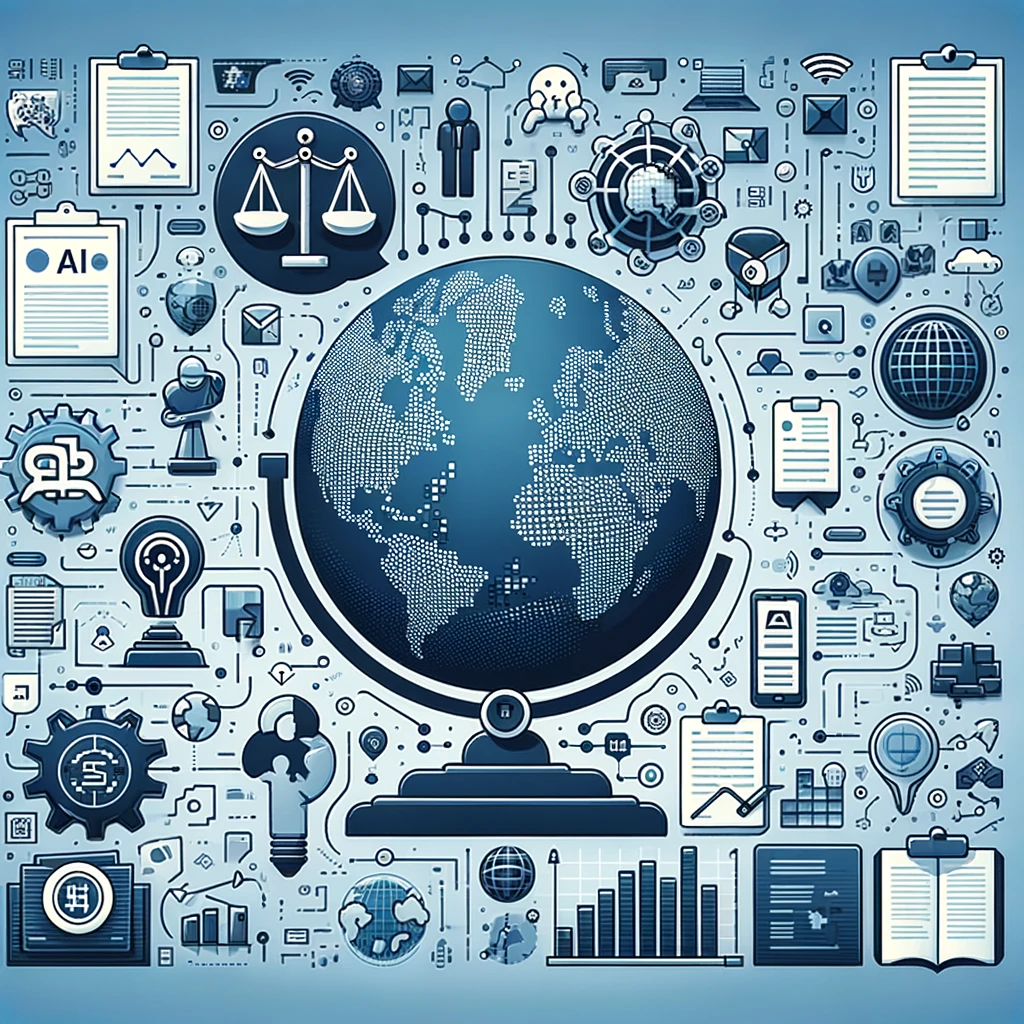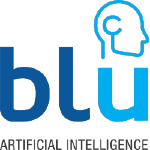
AI Regulation – Evolving Approaches Around the World
The rapid advancement of Artificial Intelligence (AI) technologies has ushered [...]
The rapid advancement of Artificial Intelligence (AI) technologies has ushered in a new era of innovation, impacting various sectors from healthcare to finance. This progress, however, also brings forth significant challenges in terms of privacy, security, and ethics, prompting a global conversation on AI regulation. This article delves into the current state of AI regulations, examines how different regions are approaching governance, and explores the potential consequences for the industry and society at large.
Current State of AI Regulations
AI regulation is at a nascent stage globally, with countries and regions taking varied approaches to govern its development and application. The primary focus areas include ensuring ethical AI use, protecting data privacy, securing AI systems, and promoting transparency and accountability in AI operations.
Regional Approaches to AI Regulation
- European Union: The EU is pioneering comprehensive AI regulation with its new AI Act, focusing on a risk-based approach to ensure technology benefits society without compromising fundamental rights.
- United States: The US approach to AI governance is more fragmented, with sector-specific guidelines and policies rather than overarching federal laws. However, initiatives like the Algorithmic Accountability Act signal a move towards broader regulation.
- China: China aims to become a global leader in AI and has introduced principles for responsible AI development, focusing on ethics, fairness, and transparency, alongside strict data privacy laws under the Personal Information Protection Law (PIPL).
- United Kingdom: Post-Brexit, the UK is working on establishing its AI governance framework, emphasizing innovation-friendly regulation that safeguards public trust and security.
Consequences of AI Regulations
AI regulations carry a dual impact on the industry and society:
- For the AI Industry: Regulations can standardize practices, encourage innovation, and level the playing field. However, overly stringent rules may stifle creativity and burden startups with compliance costs.
- For Society: Proper regulation ensures AI technologies are developed and deployed ethically, protecting individual rights and promoting social welfare. Yet, there’s a risk that too much regulation could slow down AI advancements, potentially hindering societal benefits.
Beneficial and Risky Aspects of AI Regulations
Benefits:
- Promotes ethical AI use, safeguarding against bias and discrimination.
- Enhances data privacy and security, building public trust in AI technologies.
- Encourages transparency, making AI decisions more understandable and accountable.
Risks:
- Divergent global regulations could create compliance complexities for multinational companies.
- Rapid technological changes may outpace regulatory frameworks, making laws obsolete.
- A balance is crucial to avoid hampering innovation while ensuring adequate protections.
As AI continues to evolve, so too will the landscape of AI regulation. A collaborative, international approach to governance can help harness the benefits of AI while mitigating its risks. For the AI industry and society, the objective is clear: to foster an environment where AI can flourish responsibly and ethically, driving forward human progress and innovation.
Share this article
Follow us
A quick overview of the topics covered in this article.
Latest articles
April 29, 2025
April 22, 2025
April 9, 2025



